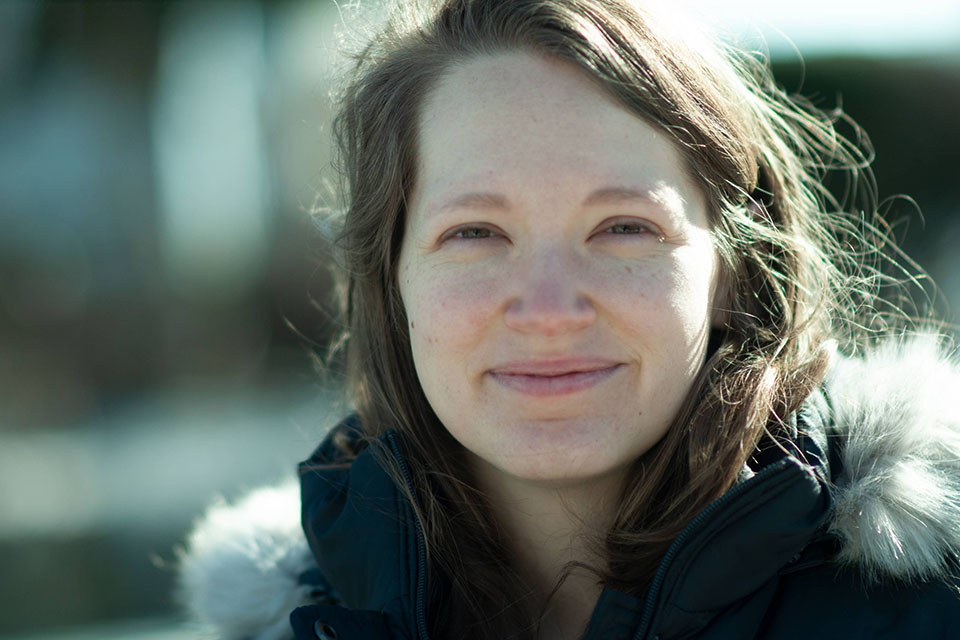Sarah Perkins
Outside my tenure as a PhD student at Brandeis, I do some work in the film industry. Most  recently, American Tragedy, a documentary I was the project director for, was picked up for distribution by Gravitas Ventures after winning Best Documentary at the Boston Film Festival.
recently, American Tragedy, a documentary I was the project director for, was picked up for distribution by Gravitas Ventures after winning Best Documentary at the Boston Film Festival.
On the face of it, film work is the inverse of academic work. Beyond directing a camera in place of a pen, beyond assembling images in place of quotes, film work is fundamentally dependent on collaboration and the combined efforts of many people working in many corners, most of which you do not understand and are not able to do yourself. And even if you do have the knowledge to do it, you don't have the bandwidth. Even American Tragedy, a film with a teeny-tiny crew and a budget of just $30,000, only emerged through the necessary contributions of over a hundred people. If you're going to make a film, you need people—committed people—or else the work will never get done. That seems less true for the academy where so much of the work consists of sitting alone in your office and typing.
Still, my experience at Brandeis has been fundamentally shaped by my relations with other people. I've needed people. I've depended on guidance from my professors, feedback from my cohort, babysitting from my neighbors, and support of every kind from my family. There's plenty of lessons I've picked up working in film and the academy simultaneously—working with limited resources, setting clear deadlines and streamlining efforts to meet them, conducting research and accumulating a library of experts, constructing a compelling argument across various mediums, and I could go on. But I have been most surprised by the commonality of people. We've left the monastery. Though we may be typing alone, the work we do is undergirded by a massive structure of people, the ones in the texts and elsewhere. And that, I think, is rather encouraging, but also rather sobering. We owe it to the public to recognize our situatedness within it, and to feel some responsibility for the people who have made our unique work possible.